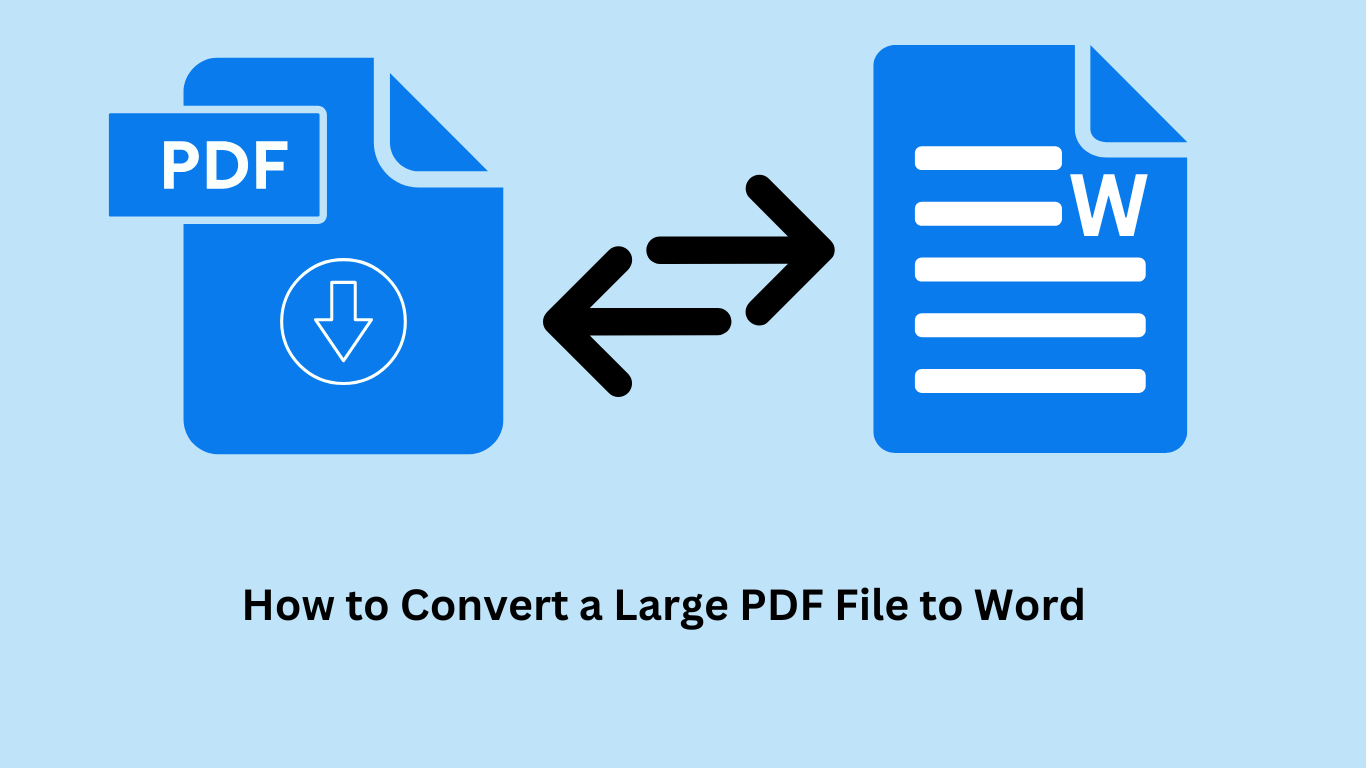Introduction Calorie Calculator: Understanding and Using It for Better Health
The Calorie Calculator is a vital tool for anyone looking to manage their weight, improve their diet, or enhance their overall health. By estimating the number of calories required to maintain, gain, or lose weight, this calculator helps individuals make informed decisions about their dietary and lifestyle choices. In this article, we will explore the concept of calorie calculation, the various methods used, practical examples, and the importance of accurate caloric measurement in achieving health goals.
What is a Calorie?
A calorie is a unit of energy that measures the amount of energy provided by food and beverages. When we consume food, our bodies use calories to perform essential functions such as breathing, digestion, and physical activity. Understanding the concept of calories is crucial for managing weight and ensuring that the body receives adequate nutrition.
There are two main types of calories to consider:
- Calories In: The energy we get from the food and drinks we consume.
- Calories Out: The energy we expend through basal metabolic rate (BMR), physical activity, and thermic effect of food (TEF).
Why Calculate Calories?
Calorie calculation serves several important purposes in health and wellness:
- Weight Management: By calculating the number of calories needed to maintain, gain, or lose weight, individuals can adjust their diet and activity levels to achieve their desired weight goals.
- Diet Planning: Calorie calculators help in planning balanced meals and ensuring that nutritional needs are met without excessive calorie intake.
- Fitness Goals: For those engaged in fitness training, understanding calorie needs helps in optimizing performance and recovery.
- Health Monitoring: Tracking calorie intake and expenditure can aid in monitoring overall health and identifying potential issues related to nutrition and metabolism.
How Does a Calorie Calculator Work?
A Calorie Calculator estimates the number of calories an individual needs based on various factors such as age, gender, weight, height, and activity level. The basic principle involves calculating the Basal Metabolic Rate (BMR) and then adjusting it according to physical activity levels.
1. Basal Metabolic Rate (BMR)
BMR represents the number of calories the body needs to maintain basic physiological functions at rest, such as breathing, circulation, and cell production. It is influenced by factors such as age, gender, weight, and height.
There are several formulas to calculate BMR, with the Harris-Benedict Equation being one of the most commonly used:
- For Men:
BMR = 88.362 + (13.397 × weight in kg) + (4.799 × height in cm) - (5.677 × age in years) - For Women:
BMR = 447.593 + (9.247 × weight in kg) + (3.098 × height in cm) - (4.330 × age in years)
2. Total Daily Energy Expenditure (TDEE)
Once BMR is calculated, it needs to be adjusted based on physical activity level to determine the Total Daily Energy Expenditure (TDEE). TDEE represents the total number of calories burned in a day, including those used for physical activity.
The activity levels and their corresponding multipliers are as follows:
- Sedentary (little or no exercise): BMR × 1.2
- Lightly Active (light exercise/sports 1-3 days/week): BMR × 1.375
- Moderately Active (moderate exercise/sports 3-5 days/week): BMR × 1.55
- Very Active (hard exercise/sports 6-7 days a week): BMR × 1.725
- Super Active (very hard exercise/sports and a physical job): BMR × 1.9
Examples of Calorie Calculation
Example 1: Calculating Daily Caloric Needs for Weight Maintenance
Let’s calculate the daily caloric needs for a 30-year-old female who weighs 65 kg, is 165 cm tall, and has a moderately active lifestyle.
BMR = 447.593 + (9.247 × 65) + (3.098 × 165) - (4.330 × 30)
BMR = 447.593 + 600.055 + 511.14 - 129.9
BMR = 928.888
TDEE = BMR × 1.55
TDEE = 928.888 × 1.55
TDEE = 1435.8To maintain her current weight, this individual needs approximately 1436 calories per day.
Example 2: Adjusting Calories for Weight Loss
Consider a 45-year-old male who weighs 85 kg, is 180 cm tall, and is lightly active. To lose weight, he aims to create a caloric deficit.
BMR = 88.362 + (13.397 × 85) + (4.799 × 180) - (5.677 × 45)
BMR = 88.362 + 1139.745 + 863.82 - 255.465
BMR = 836.462
TDEE = BMR × 1.375
TDEE = 836.462 × 1.375
TDEE = 1150.9
For weight loss, he should aim for a daily caloric intake of 1150.9 - 500 (deficit) = 650.9 calories per day.Note: Extreme caloric deficits are not recommended without professional guidance.
Benefits of Using a Calorie Calculator
Utilizing a calorie calculator offers numerous benefits:
- Informed Eating: Knowing your caloric needs helps in making healthier food choices and avoiding excessive or insufficient calorie intake.
- Weight Management: Accurate caloric measurement supports effective weight management by balancing caloric intake with expenditure.
- Health Monitoring: Regular use of a calorie calculator aids in monitoring changes in body composition and adjusting dietary habits accordingly.
- Goal Achievement: Whether the goal is to lose, gain, or maintain weight, a calorie calculator provides the foundation for setting realistic and achievable targets.
Limitations and Considerations
While the Calorie Calculator is a valuable tool, it has some limitations and considerations:
- Individual Variations: Caloric needs can vary based on individual factors such as metabolism, body composition, and health conditions. The calculator provides estimates and should be adjusted based on personal experience and goals.
- Accuracy of Estimates: The formulas used in calorie calculators are based on general population averages and may not be accurate for everyone. Regular monitoring and adjustments may be needed.
- Potential for Misuse: Relying solely on calorie counts can lead to unhealthy behaviors, such as excessive restriction or overconsumption. It is important to consider overall nutrition and not just calorie intake.
Conclusion
The Calorie Calculator is a powerful tool for managing weight, planning diets, and achieving health goals. By providing estimates of daily caloric needs, it helps individuals make informed decisions about their dietary and lifestyle choices.
While the calculator is beneficial, it should be used as part of a comprehensive approach to health that includes balanced nutrition, regular physical activity, and mindful eating practices. Understanding and applying calorie calculations effectively can lead to better health outcomes and improved overall well-being.
By incorporating the insights gained from the Calorie Calculator into your daily routine, you can take proactive steps towards achieving and maintaining your health and fitness goals.



.webp)



























































































































































































































































































































































































.png)













































.jpeg)





















































































































































































